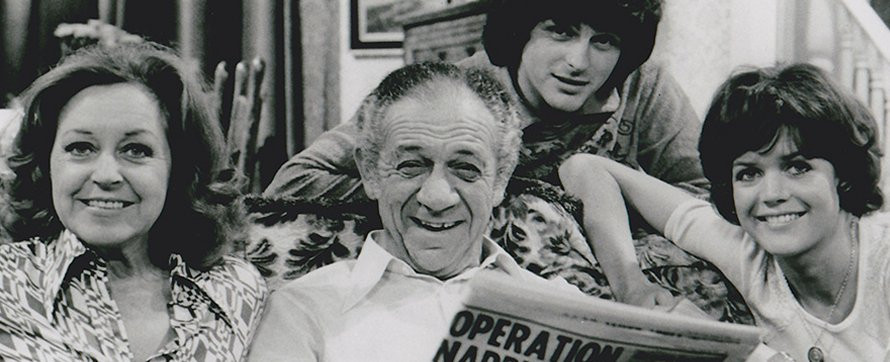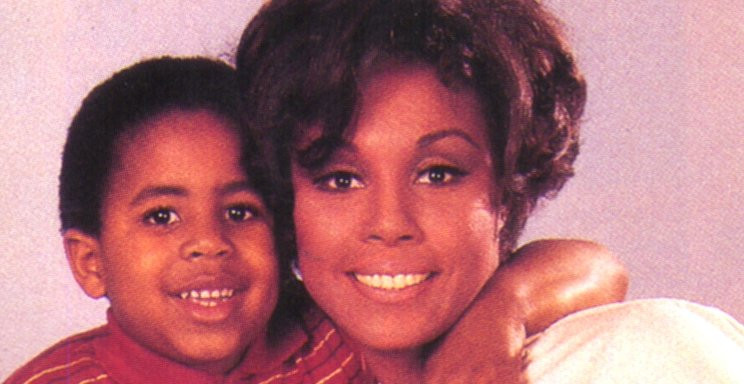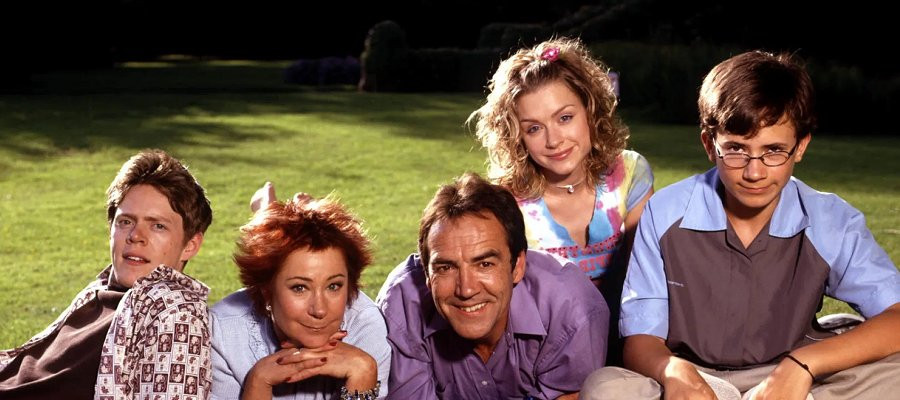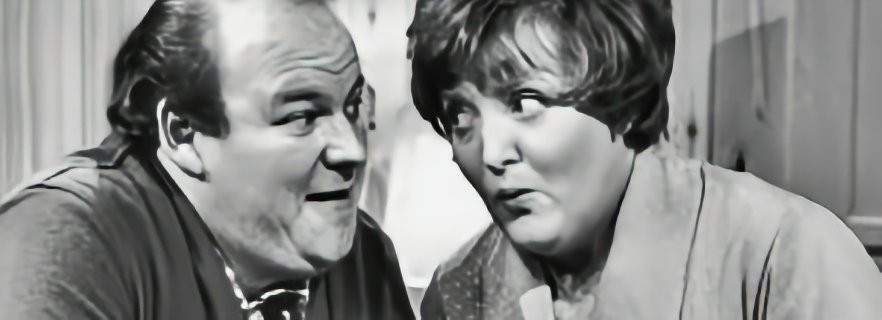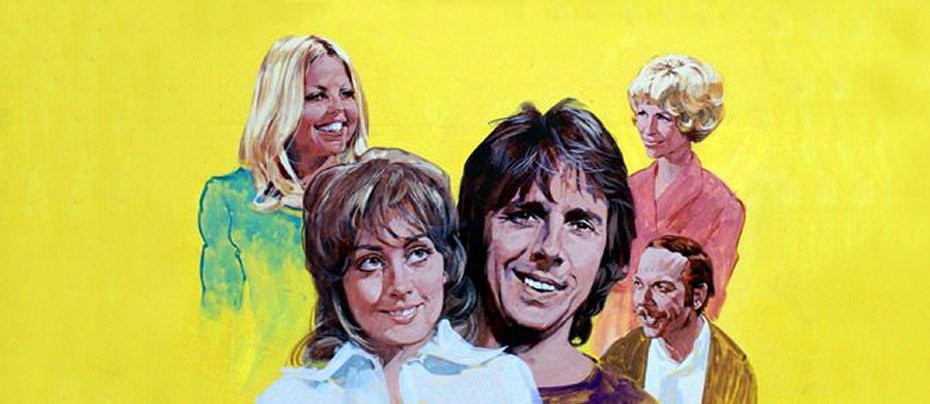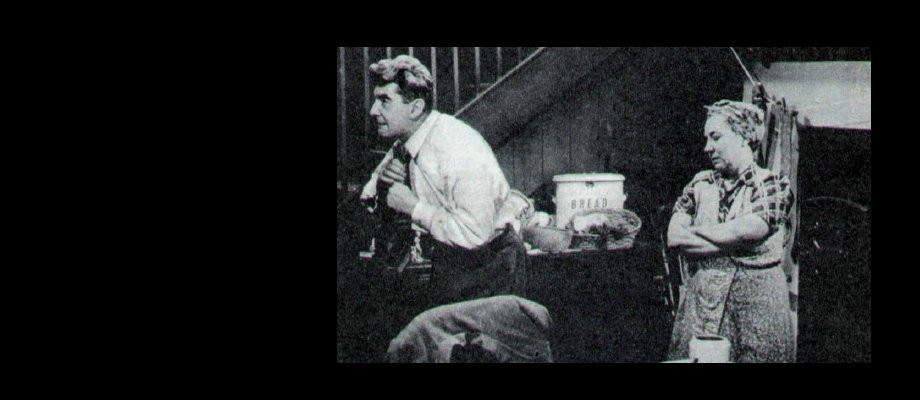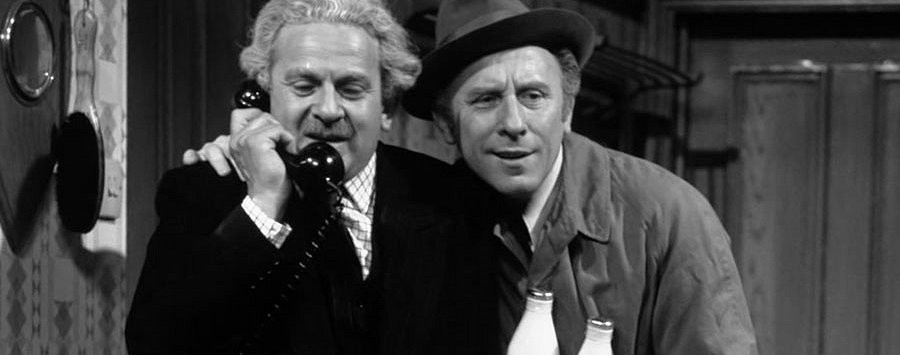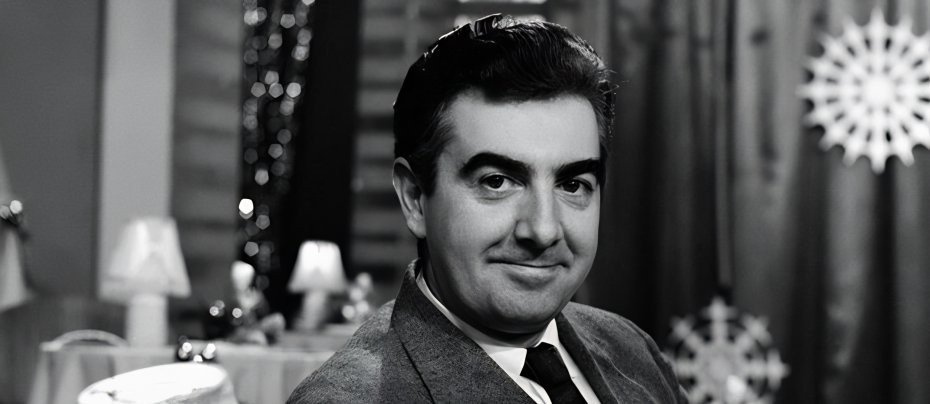
Me Mammy
1968 - United Kingdom‘O’Shea was flavour of the month on both sides of the Atlantic’
Review by Brian Slade
Milo O’Shea had one of those faces that everybody of a certain age would say ‘oh, him…I’ve seen him before,’ and then not know what his name was or what show he had appeared in. He was a perennial guest star, appearing in such established American shows as St Elsewhere, The Golden Girls, Cheers and perhaps most famously Frasier, as Dr Schachter who tries couples therapy when Frasier and Niles feud when sharing adjoining offices. Long before those guest star slots however, O’Shea had his own crack at sitcom success on the BBC in Me Mammy, which is perhaps overlooked simply due to the horrible plague of lost shows of the 60s.
Me Mammy appeared first in 1968 as part of the Comedy Playhouse run of sitcom start-ups and then across three series for the BBC. It told the story of bachelor Bunjy Kennefick. Bunjy has done rather well for himself, working in London and earning a comfortable lifestyle due to his success. He is well off financially and happy to splash the cash in a playboy manner, particularly when the recipient is his assistant, Eunice Argyll. Eunice is played by Yootha Joyce in her first recurring comedy role, and the dominant force she would become in comedy is seen emerging here.

There are two problems for Bunjy preventing him from enjoying his lifestyle. His strict Irish church faith and the enforcer of those values. In a style akin to that we would see years later with Ronnie Corbett in Now Look Here and Sorry, that enforcer comes in the form of his mother, Mary Kennefick (Anna Manahan).
The only surviving episode of the first series shows Bunjy’s plans to be with Eunice thwarted by his church obligations. The dedication of a bench in the pews is seen as far more important than any sinful pursuits outside of the church by Mary…and as the Father says, ‘If the Almighty had intended for women to expose their legs, he’d have had them growing out of their ears.’
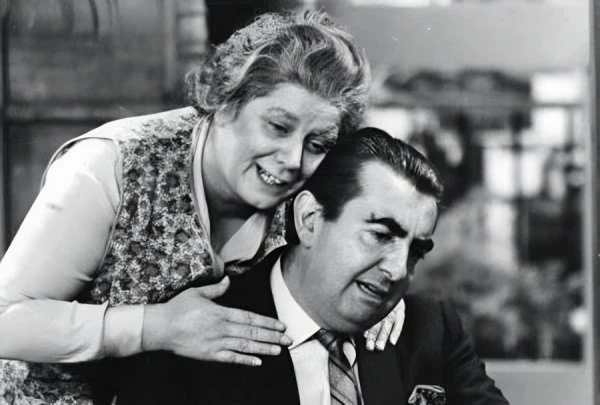
Bunjy’s life would eventually implode and at the end of that first series, he was demoted from his cushy position in London and found himself taking up a position back in Ireland, just outside Cork. The tug of war between family and religious obligations, and the calling of the carnal temptations of city life in London continued. Domestically, Bunjy was now dealing with his mother and his cousin Enda running a guest house – the shrine of St Rapacia – while at the same time, Eunice is trying all she knows to lure him back to London. The action was improved by the arrival in the cast of the hysterical David Kelly as Enda, known so well in later years as the one-armed waiter in Robin’s Nest and the brief role of Mr O’Reilly in Fawlty Towers, but actually a very accomplished comedy and stage performer, and long-time pal of O’Shea. One can only imagine how glorious their performance together in The Sunshine Boys on stage in 1996 was.
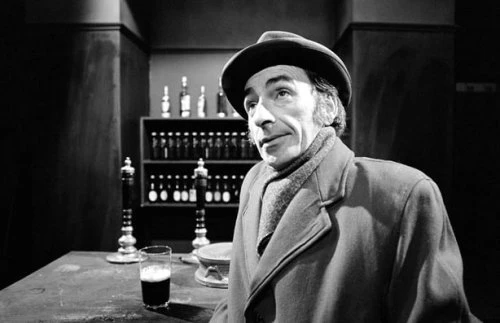
Although the comedy only ran for three series and didn’t tread new ground, it was generally well received. Kelly’s weak-willed Enda was described as ‘a battery hen of a man’ by The Times, further facilitating the power of Mrs Kennefick, all the time O’Shea looking baffled and enraged at the interference in his life. The Times continued to consider Me Mammy to be one of the best acted comedies on television at the time, but the material couldn’t sustain it beyond a third series.
O’Shea was flavour of the month on both sides of the Atlantic when Me Mammy was being screened. He had found success on screens small and large, having just appeared in Barbarella and Zeffirelli’s Romeo and Juliet. He would also grab two Tony nominations, so it’s safe to say that the period around Me Mammy was his golden years.
Me Mammy survives with only some of its episodes and perhaps doesn’t stand the test of time, with some of its stereotypical Irish jokes. However, it’s great to see O’Shea’s skills on display in a starring recurring role, while Kelly is always a joy and Yootha Joyce offers a taste of what talents she would bring in the 1970s. Me Mammy may not be comedy gold, but it was successful, enjoyable and contained some fine performances.
Seen this show? How do you rate it?
Seen this show? How do you rate it?
Published on December 27th, 2023. Written by Brian Slade for Television Heaven.


